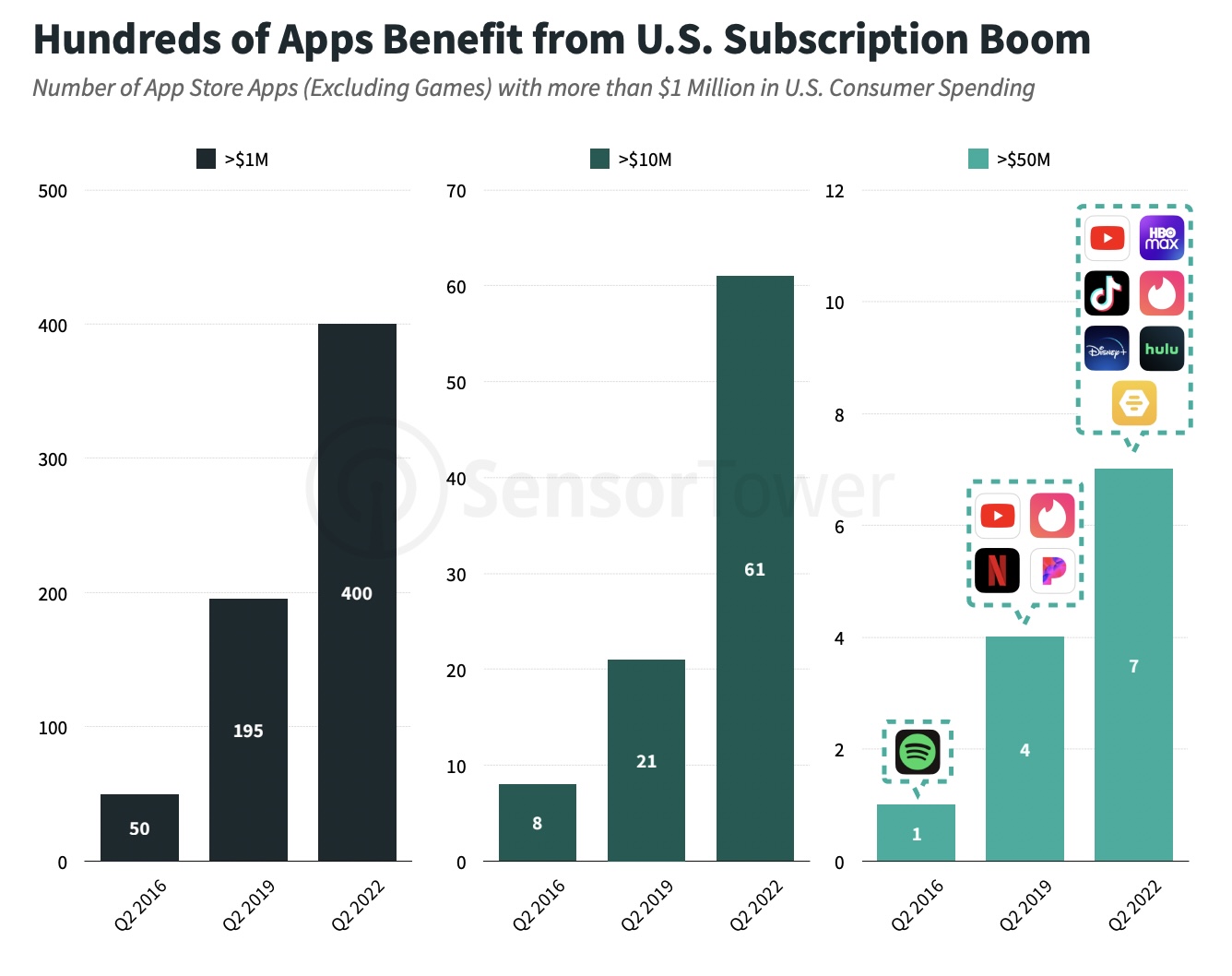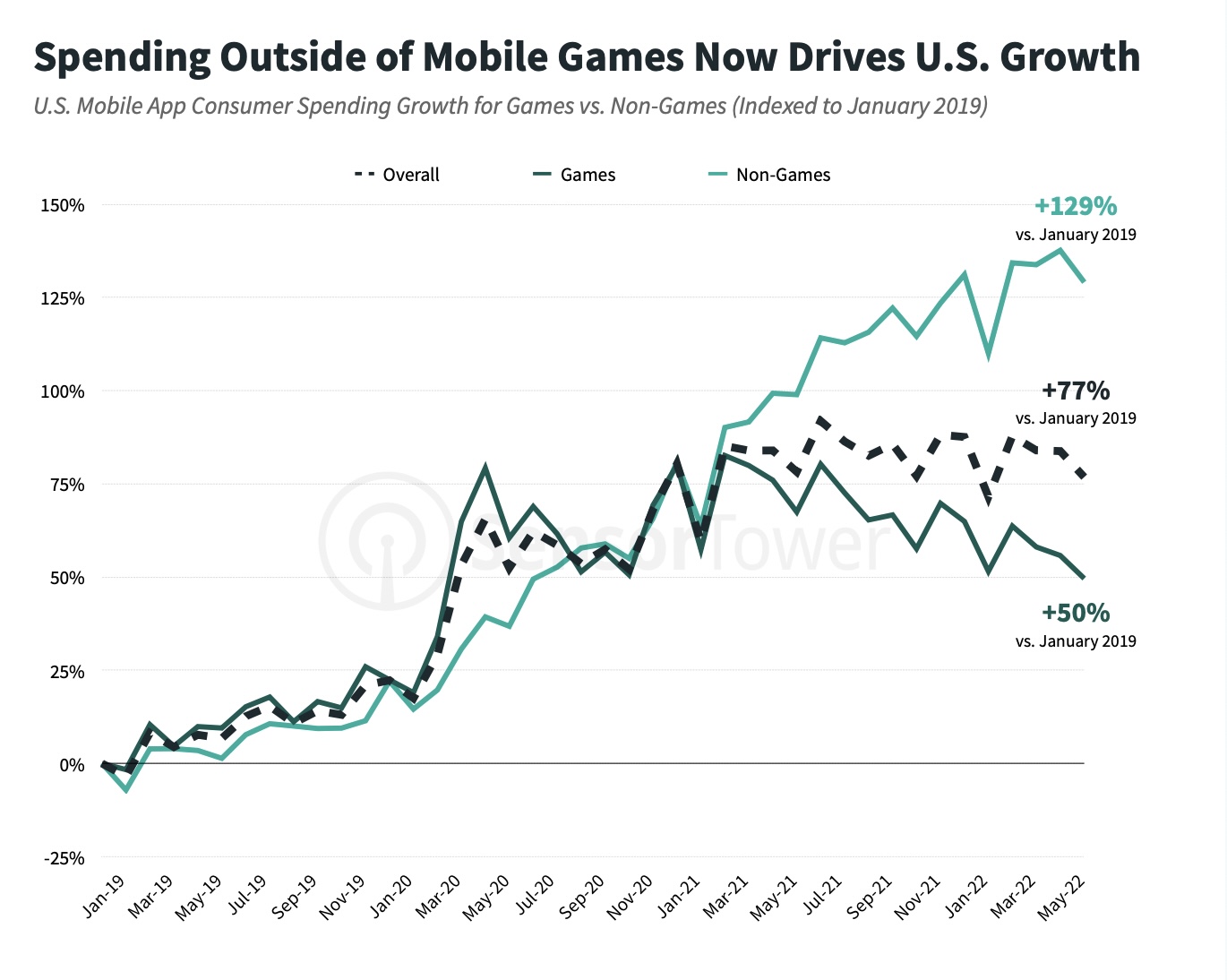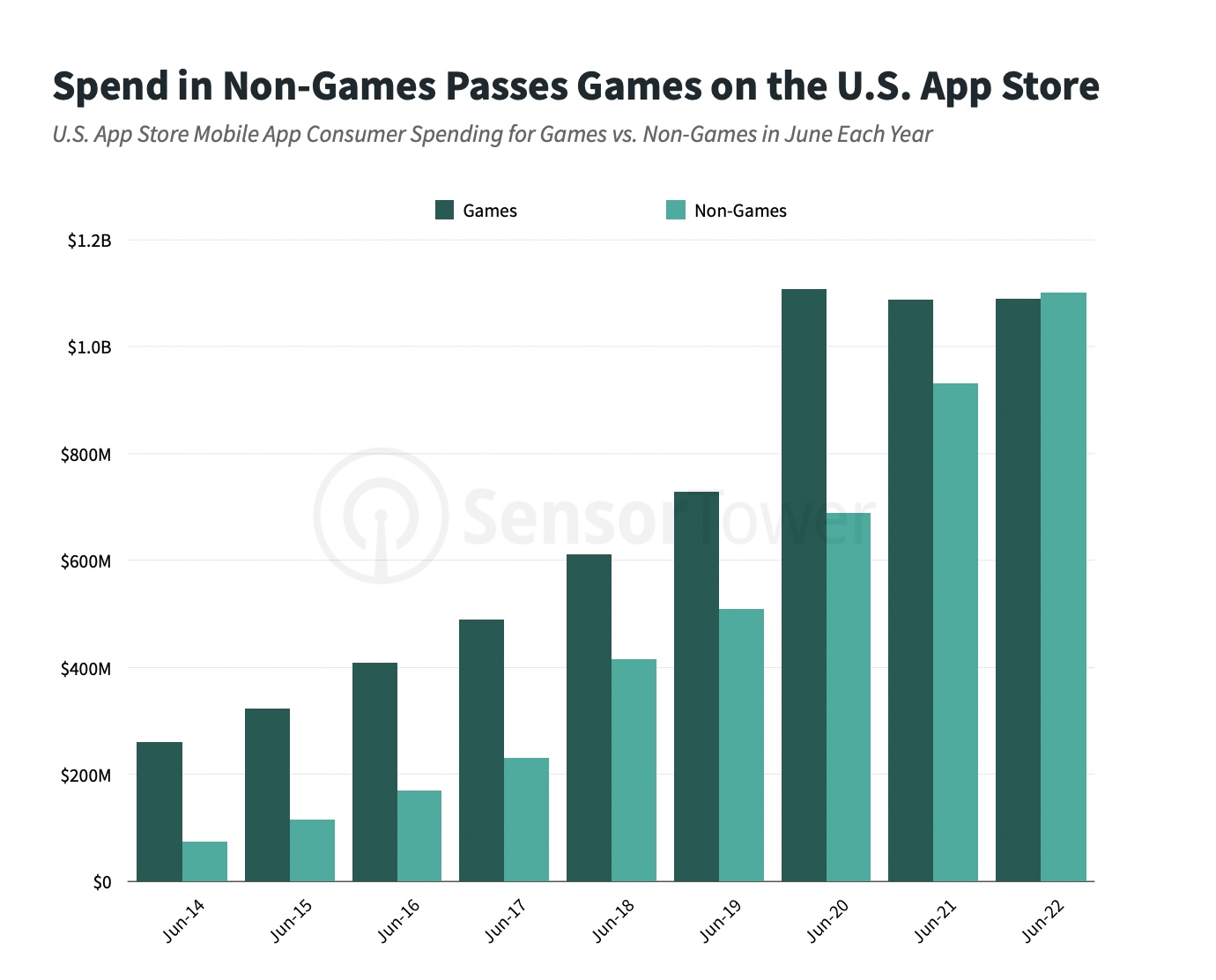Category: TECHNOLOGY
MetaMask co-founder sees a developer-led future for its crypto wallet
Six years ago, Dan Finlay and Aaron Davis met while working at Apple and conjured an idea around making a web extension backing the layer-1 blockchain Ethereum so developers could play with it.
That project became MetaMask, now the world’s largest non-custodial crypto wallet.
What was supposed to be a short project for Finlay and Davis accelerated into a global product that’s used by about 20 million monthly active users (MAUs), Finlay told TechCrunch.
“So much has changed,” Finlay said. “We thought it was going to be a quick in-and-out thing. Aaron thought we’d be working on it for a few weeks; I thought it would be a few months. It became clear pretty quickly that wasn’t the case.”
No one said this was going to be easy
We’re exactly a week out from TC Sessions: Robotics 2022. I’ve been sitting in on prep calls for the past month, and I feel confident in saying this is going to be the best and widest-ranging single-day robotics event. I’ve been helping plan events for various outlets for close to 15 years at this point, and I also feel comfortable saying this is the strongest lineup I’ve been involved in putting together, full-stop.
Our last robotics event happened at — arguably — the strangest possible time. The show came together well, but March 2020 wasn’t an ideal time to hold an event — that’s only become increasingly apparent in hindsight. It was a strange and uncertain time, and we made sure to have plenty of Purell stations on hand, because it seemed like the best defense at the time.
I had a strange, full circle moment last month at our Climate event. I’ve been doing the stage interview thing for a long time, and there are always butterflies before the adrenaline kicks in and carries you the rest of the way. But standing onstage at UC Berkeley’s beautiful Zellerbach Hall was surreal.
It was our first climate show, first time back at Berkeley since Robotics 2020 and my first time onstage since then, as well. The thing people tend to gloss over when they tell you something is like “riding a bike” is those first few seconds or minutes before your brain and muscle memory kick into gear can be harrowing. By comparison, returning to Robotics next week feels more like seeing an old friend for the first time in two years. Sure we emailed, texted, Zoomed on occasion and wished a Happy Birthday on each others’ Facebook walls, but it wasn’t the same.
I started thinking about the next robotics event the moment I got off stage in March 2020, but, you know, the best laid plans and all that. The upshot of skipping an event for a year due to the pandemic is that you get an extra year of planning. COVID, of course, hasn’t gone away, and as excited as I was about the prospect of returning the show to Boston for the first time since the inaugural event, there’s something to be said for the scope that going all online affords you. And offering the entire thing up for free doesn’t hurt, either.
To help mark the event, we’ve planned a bunch of programming in the lead up, as well. I filled in for Matt on TechCrunch Live this week, as he’s currently teaching a group of campers the magic of the taut-line hitches. It was a great conversation with Attabotics CEO Scott Gravelle and Forerunner Ventures’ Eurie Kim, an early investor in the project. An hour later, I had a great conversation with Ohio State University’s Ayanna Howard and littleBits founder Ayah Bdeir on Twitter Spaces. It’s okay if you missed either one live — they’ll both be online soon.
I’ll also be appearing on the Equity Podcast on …read more
https://techcrunch.com/2022/07/14/no-one-said-this-was-going-to-be-easy/
Pitch Deck Teardown: Forethought’s $65M Series C deck
Forethought has been on our radar for a long time — the company won our 2018 Startup Battlefield at TechCrunch Disrupt, and just a few weeks ago, CEO Deon Nicholas joined Vanessa Larco from NEA on TechCrunch Live to talk about pitching and pitch decks:
Today, it’s my pleasure to tear down the company’s 23-slide deck that helped it raise a $65 million Series C late last year.
Forethought’s mission is to help humans perform better using AI. “One of the things that we’ve focused on is being a human-centered AI platform. And that’s what has really come through … with our mission, and really our mission is to unlock human potential through artificial intelligence,” Nicholas told TechCrunch’s Ron Miller.
We’re looking for more unique pitch decks to tear down, so if you want to submit your own, here’s how you can do that.
Slides in this deck
In the vast majority of cases, this is a slide that makes my eyes glaze over; Forethought’s slide made me do a double take because it is a rare exception to that rule.
- Cover slide
- Founders slide
- TechCrunch Disrupt Startup Battlefield slide — (Yes, really!)
- Traction slide (redacted numbers)
- Customer list slide
- “Forbes 2021 next billion-dollar startups” — mystery slide
- “Think about the last time you were on hold” — problem slide
- “The cost of bad customer service” — problem slide
- “Transform customer experiences with human-centered AI” — solution slide
- “Complete platform” — product slide
- “True AI” — product slide
- “Rapid time-to-value” — product slide
- “Secure and trusted” — product slide
- “Intelligent gap detection” — product slide
- “Trusted by the best” — customer breakdown slide
- “Metrics Summary” (redacted) — traction slide
- Customer testimonials slide
- ARR expansion per cohort (redacted) — customer development slide
- “Forethinkers” team slide
- Advisors and investors slide
- “What’s next” (redacted) — road map slide
- “Where we’re going” (redacted) — revenue growth slide
- “Unlock human potential through AI” — mission slide
Three things to love
There’s a lot to love about this deck, and it’s hard to only pick three things. In the past few pitch deck teardowns, I’ve often focused on the beginning of the narrative — the first few slides.
Ending on mission
[Slide 23] Closing slide. Image Credits: Forethought
I’ve argued before how important it is to have a good final slide. To understand why, remember that in a lot of pitching situations, the first and last slides are on the screen for a longer time. The first because you’re faffing about with getting coffee, waiting for people and getting situated. The last because during the Q&A at the end of a pitch, it’s not uncommon to leave the final slide up — at least until you have to move to another slide in the deck to clarify something. To be fair, this was more true when you were pitching in-person than when you’re pitching virtually, but it’s good practice to make every slide do some heavy lifting.
A lot of the time, the final slide is just a repeat of the company’s …read more
https://techcrunch.com/2022/07/14/sample-series-c-pitch-deck-forethought/
Sony is launching new loyalty program ‘PlayStation Stars’ to reward gamers
Today, Sony introduced a new loyalty program called PlayStation Stars that will give gamers loyalty points and rewards. The program is free to join and launches later this year, the company announced. PlayStation Stars members can redeem points for PSN wallet funds, the payment method for game purchases and select PlayStation Store items.
With the program, PlayStation also unveiled digital collectibles for loyal members to earn. To answer what everyone is thinking — No, it’s not an NFT.
Grace Chen, vice president, Network Advertising, Loyalty & Licensed Merchandise, writes in a PlayStation blog that they are “digital representations of things that PlayStation fans enjoy, including figurines of beloved and iconic characters from games and other forms of entertainment, as well as cherished devices that tap into Sony’s history of innovation.” PlayStation Stars members can collect tons of collectibles, including ultra-rare ones.
To earn rewards, members must complete tasks or “campaigns” where they can win tournaments and specific trophies. Players can even earn rewards if they are the first player to platinum a blockbuster title in their local time zone. There will also be a monthly check-in campaign that requires you to play any game to receive a reward.
This is PlayStation’s first rewards program, the company confirmed to TechCrunch.
The introduction of PlayStation Stars comes a month after Sony’s PlayStation Plus subscription launch. PlayStation Plus members enrolled in the loyalty program automatically earn points for PlayStation Store purchases.
The two announcements reflect the growing effort in the gaming industry to delve deeper into subscription offerings and consumer-facing strategies.
PlayStation hopes by introducing this new program and digital collectibles, gamers will be “excited for the future with PlayStation: commemorating the gaming eras we created together, charting new paths to explore, and bringing players together for global celebrations,” Chen added.
The company said that the program is currently being tested and will continue to evolve over time. Later this year, it will launch in “phased regional rollouts” such as Asia, the Americas, Europe and more.
Top Indian tech advocacy group drops crypto over regulatory uncertainty
The leading influential technology lobby group in India is turning its back on advocating for crypto in a major setback for the local ecosystem in the South Asian nation.
Internet and Mobile Association of India, an 18-year-old lobby group, said Thursday it is dissolving the Blockchain and Crypto Assets Council, its four-year endeavor to support and lobby for the nascent technology category.
The association said in a statement that it was forced to take the decision because “a resolution of the regulatory environment for the industry is still very uncertain.”
“The association would like to utilise its limited resources for other emerging digital sectors, which make a more immediate and direct contribution to digital India, notably, deepening financial inclusion and promoting Central Bank issued Digital Currency [CBDC]. Members of the BACC were informed about the decision at a meeting held here today,” it said.
The move is the culmination of years of frustration for the Indian crypto industry, which has felt that the lobby group’s influence and reach have been unable to deliver enough landmark results, people familiar with the matter told TechCrunch.
The IAMAI felt that it was risking its reputation by continuing to push for the adoption and support for crypto, two different people familiar with the matter said.
Regardless, the discontinuation of the Blockchain and Crypto Assets Council brings the local industry back to the drawing board at a time when local exchanges and other crypto firms are seeing a sharp decline in trading volume in the wake of India enforcing taxation on the virtual digital assets.
The Indian central bank continues to force the hand of banks from engaging with crypto platforms in India, a move that has made on-ramp a nightmare for the firms, people familiar with the matter said.
Many investors and entrepreneurs in the country have been scrambling for months to find newer, more effective ways including engaging with Niti Aayog, a powerful think tank, to liaison with policymakers, sources with direct knowledge of the matter said. Niti Aayog has largely resisted involvement with the crypto industry, sources said.
Indian lawmakers, on their part, have met several industry faces in the past one year, but so far they are of the view that the fast adoption of crypto trading has hurt most consumers and more safeguards should be put in place, the sources said.
In the wake of the uncertainty, the local ecosystem has seen some talent move outside of the country and a growing number of local entrepreneurs build for the foreign markets and avoid serving customers in India, the world’s second-largest internet market.
“Our stated belief as industry has always been to have sustainable dialogue with regulators and stakeholders and address concerns for progressive regulations. As an industry we will continue to positively engage with all stakeholders and continue to build emerging tech including Web 3.0,” said Ashish Singhal, co-founder and chief executive of CoinSwitch Kuber, and Sumit Gupta, co-founder and chief executive of CoinDCX, in a joint statement. The duo served as chair and co-chair of BACC.
FCC hands down $116M robocall fine, but begs for the power to hammer perps itself
Robocalls and other automated scams are an everyday occurrence for millions of Americans. But while stricter rules are coming and the FCC is about to hit one robocaller’s operation with a $116 million fine, the agency wants to step up its enforcement with the ability to take the scammers to court itself.
“This fine is big,” said Rosenworcel in a statement accompanying the fine’s announcement. “But it also calls attention to the fact that we need new rules of the game.”
The FCC, like the FTC and other agencies, has the power to define and propose fines or other financial damages, it doesn’t actually collect them itself. Instead, it hands all the paperwork over to the Justice Department, which takes it from there. One problem: the ones getting fined sometimes get away with paying only a fraction of the amount.
As we saw a few years ago with another major robocalling penalty, this one referred by the FTC, a $5M payment was reduced to $18,332 and the proceeds from selling the scammer’s car. In 2020, Rosenworcel lamented that the FCC had issued hundreds of millions worth of fines and collected… $6,790. Part of that, she said, was because of a “refusal” by the DOJ to pursue the cases.
The FCC is investigating robocall operations, issuing cease and desist letters, and coordinating a national resource sharing group with 41 State Attorneys General. But ultimately it still has to go through Justice, and that’s something the agency appears to be tiring of.
“We have issued many fines just like this one. But after we do, we have to hand them over to our colleagues at the Department and Justice and hope for further action,” Rosenworcel said in her statement. “I like hope. But instead of wishing for the best, I would like the certainty of this agency being able to go to court directly and collect fines against these bad actors—each and every one of them. This will take a change in the law and we need Congress to fix that. But I think this is robocall change worth fighting for.”
Sadly, Congress is probably too at war with itself right now to pass the kind of executive-empowering legislation that would be needed here. But hopefully the FCC doesn’t have to wait too long before it can start laying down the law itself.
US App Store revenue from non-game apps just topped games for the first time
A major shift in the U.S. app economy has just taken place. In the second quarter of this year, U.S. consumer spending in non-game mobile apps surpassed spending in mobile games for the first time in May 2022 and the trend continued in June. This drove the total revenue generated by non-game apps higher for the quarter, reaching about $3.4 billion on the U.S. App Store, compared with $3.3 billion spent on mobile games.
After the shift in May, 50.3% of the spending was coming from non-game apps by June 2022, according to new findings in a report from app intelligence firm Sensor Tower. By comparison, games had accounted for more than two-thirds of total spending on the U.S. App Store just five years ago.
The trend was limited to the U.S. App Store and was not seen on Google Play, however. In Q2, games accounted for $2.3 billion in consumer spending on Google Play in the U.S., while non-game apps accounted for about $1 billion.
Image Credits: Sensor Tower
This shift in the U.S. app market is the most significant finding in the new report and demonstrates how successfully Apple has managed to create a subscription economy that allows a broader range of apps to generate sizable revenues.
The new data also supports this, as it shows it’s not only the biggest players that are benefiting from subscription revenue growth. In Q2 2022, 400 apps generated more than $1 million in consumer spending on the U.S. App Store, which is eight times the total from the same quarter in 2016. In addition, 61 U.S. App Store non-game apps generated at least $10 million in U.S. consumer spending in Q2 2022 — that’s more than the number of non-game apps that had generated $1 million+ in revenue in Q2 2016.
A handful of non-game apps also topped $50 million in U.S. consumer spending in the quarter, including YouTube, HBO Max, TikTok, Tinder, Disney+, Hulu and Bumble.

Image Credits: Sensor Tower
Subscriptions are the major revenue growth driver here, as non-game apps grew at nearly twice the rate — at a 40% compound annual growth rate — since June 2014 compared with less than 20% for games, the report found.
The trend is a significant reversal of what mobile app spending looked like just a few years ago.
In 2019 and early 2020, for instance, mobile game spending growth was consistently higher than non-game spending. Game spending then surged again at the start of the COVID-19 pandemic. But by late 2020, non-game growth had caught up and the gap widened in 2021.

Image Credits: Sensor Tower
While non-games are enjoying their new dominance, it’s not all great news for the app economy in …read more
As Coinbase falters, Binance.US is waiting in the wings
As the largest publicly traded crypto exchange in the United States, Coinbase has become something of a household name. But as the going gets tough in the crypto markets, the company seems to be fumbling the bag, leaving it vulnerable to competition.
Coinbase’s stock price is down nearly 80% from where it started the year and it recently made headlines for laying off one-fifth of its staff. The company posted a $430 million loss in the first quarter of 2022, underperforming Wall Street analysts’ expectations. Its trading volumes and number of monthly transacting users were both down from Q4 last year — bad news for a company that depends heavily on transaction fees for its revenue.
The exchange got over its skis quicker than even Coinbase itself probably imagined, a point evidenced by its decision to rescind job offers last month from candidates who had already accepted them. Its competitors, though, have been lying in wait for their moment to close in on the U.S. market. Now, sensing Coinbase’s moment of weakness, the two largest crypto exchanges in the world by volume (Coinbase is third globally) — Binance and FTX — are hoping to seize their opportunity stateside.
The three crypto giants all have different established customer bases and are trying to steal each other’s market share. Retail investors comprise around 95% of Coinbase’s transaction revenue, according to its latest quarterly filing. FTX, in contrast, already has a strong institutional trading business anchored in its founder and chief executive Sam Bankman-Fried’s background working at a quant hedge fund.
SBF, as he’s known in the crypto world, has been pulling out all the stops to gain retail customers, including introducing zero-fee U.S. stock trading in May, to try to turn FTX into a one-stop shop for the retail investor’s needs. After all, if Coinbase ascended to the No. 3 spot buoyed almost entirely by U.S. retail investors, its decline presents a valuable opportunity for global, institutionally focused exchanges to poach its users and boost their own trading volumes.
It makes sense, then, that Binance has its sights set on luring more retail investors, but the largest global exchange is still a bit of a dark horse in the race for the U.S. market as it battles against FTX for customers. Its Binance.US division saw spot trading volumes below $300 million as of July 12. That’s a drop in the bucket compared to its global business, which saw volumes of $10 billion for the same period — about seven times higher than volumes at both FTX and Coinbase.
Today, 70% of trading volume on Binance.US, the American offshoot of the global exchange, comes from institutional customers, its CEO Brian Shroder told TechCrunch in an interview. Still, retail investors bring in more revenue overall, in part because of the steep discounts Binance.US offers to its highest-volume customers, he added.
Binance is also taking a markedly different approach from FTX in luring U.S. retail investors, focusing on its core competency in crypto.
“Some exchanges …read more
Nintendo acquires CG animation studio and renames it Nintendo Pictures
Nintendo has entered an agreement to acquire CG animation company Dynamo Pictures in order to develop visual content using Nintendo IP. The gaming company is buying 100% of outstanding shares of Dynamo Pictures and rebranding it as Nintendo Pictures Co., Ltd. The deal is expected to close on October 3.
According to a regulatory filing, Nintendo stated:
Nintendo has decided to acquire 100% of the outstanding shares (excluding treasury shares) of Dynamo Pictures and make it a wholly owned subsidiary to strengthen the planning and production structure of visual content in the Nintendo Group.
The deal suggests that Nintendo is expanding further into the entertainment business. Having a studio gives Nintendo the freedom to produce its own content. While it is unsure whether the production company will develop full-length features, in-game cutscenes or short films, it is exciting to think about all the possibilities. Nintendo owns franchises like Mario, Kirby, The Legend of Zelda, Donkey Kong, Star Fox and Animal Crossing.
The company is already working with Universal’s Illumination studio to release an animated movie in April 2023 based on the Super Mario Bros. franchise.
This strategy of video game companies developing film and TV series content based on IP isn’t new. Sony, responsible for Playstation, is also set to develop titles with its large library of video game IP. Projects already in production include Twisted Metal, The Last of Us and Ghost of Tsushima. There are 10 others in development.
The visual production company Dynamo Pictures, Inc. was established in 2011 and is known for its work on the animated “Pikmin” short movies as well as “Ghost in the Shell SAC_2045” season 2, “Death Stranding,” “Monster Hunter: World,” “Final Fantasy XIII-2,” “Persona 5,” “Yuri on Ice,” “Earwig and the Witch” and more.
Facebook tests a way to add up to five profiles tied to a single account
Facebook is testing a way for users to have up to five separate profiles tied to a single account. The social media giant says the test allows users to dedicate different profiles to specific groups they want to connect with, such as one dedicated Facebook feed exclusive to their friends and another one just for their coworkers. Users who are part of the test will be able to switch between their different profiles in a few taps.
“To help people tailor their experience based on interests and relationships, we’re testing a way for people to have more than one profile tied to a single Facebook account,” Facebook spokesperson Leonard Lam told TechCrunch in an email. “Anyone who uses Facebook must continue to follow our rules.”
Additional profiles don’t need to include a person’s real name, as users will be able to choose any profile name and username, as long as it is unique and doesn’t use any numbers or special characters. People’s main profiles must still use the name they use in everyday life, Facebook says.
The company says additional profiles are still subject to its policies and that they can’t misrepresent your identity or impersonate others. If you receive a violation on an additional profile, it will impact your account as a whole. Facebook says this rule will help prevent people from abusing its platform across multiple profiles. If someone repeatedly violates the company’s policies using one of their additional profiles, Facebook’s systems will recognize which profile was violating and take appropriate action, such as removing the additional profile or all profiles, including the main account.
Facebook says there are some parts of the platform that are only available for people’s main profiles, such as creating and managing a Page or using Facebook Dating.
Considering that a user’s additional profiles are under one Facebook account, the company says the multiple-profile feature won’t change how it reports user metrics, such as monthly and daily active user totals.
Up until now, the company has barred regular users from having multiple Facebook accounts, so the introduction of additional profiles marks a change for the social media giant. The launch of the test indicates that Facebook is experimenting with ways to drive engagement on its platform, while also encouraging users to post and share more content with others.
The test also shows that Facebook is trying to move beyond just a platform to share updates with family and friends, as the company notes that additional profiles can be used to go deeper into topics you care about and want to learn more about. For example, Facebook says a user may want to create an additional profile focused on sustainable design, where they can follow their favorite brands and connect with others who share their passion. Facebook also suggests that additional profiles can be used to organize content about the things that matters to you. For instance, you can have one profile dedicated to foodie content where you can follow your favorite chefs and find local events and restaurants.
Facebook’s shift …read more
https://techcrunch.com/2022/07/14/facebook-tests-add-up-to-five-profiles-single-account/


